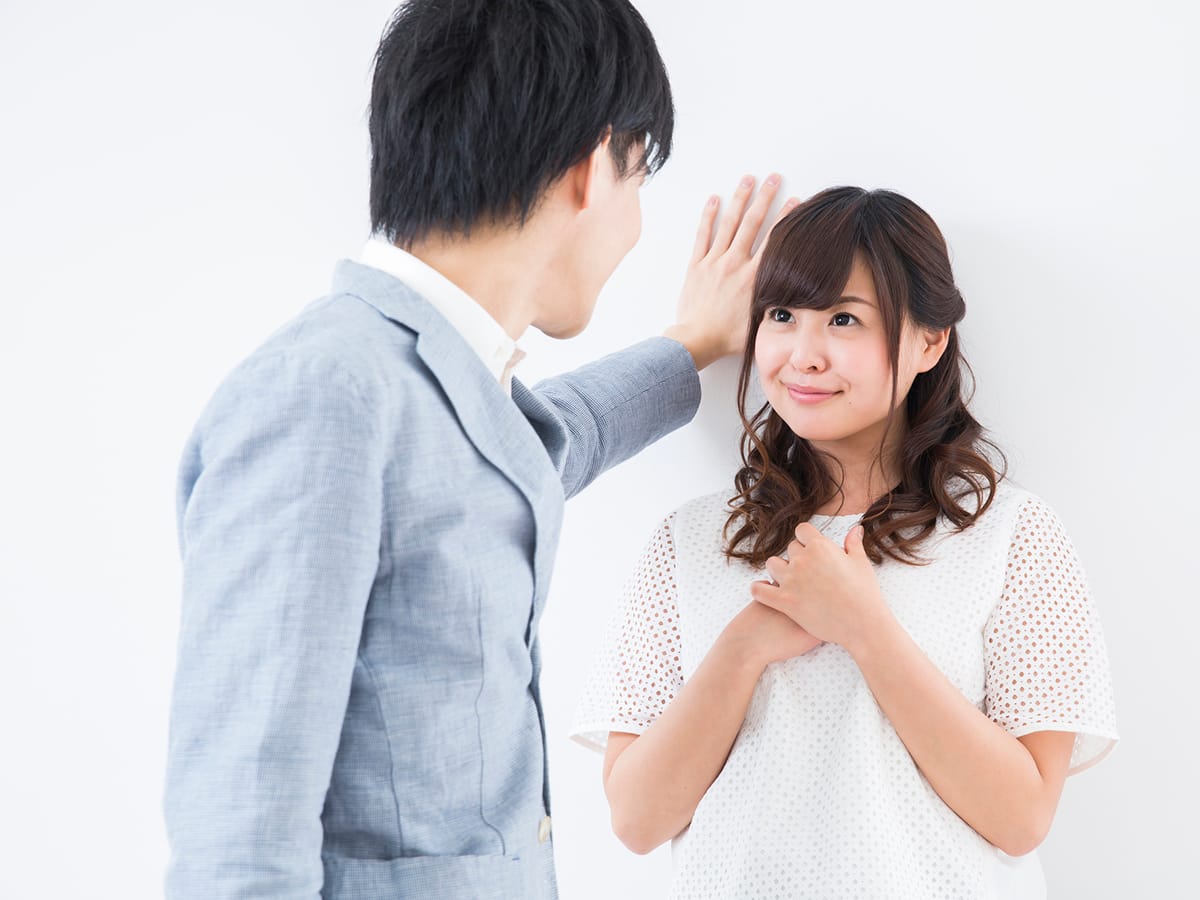
Source: Ushico | © PIXTA
Japanese government proposes manga-inspired courtship; Suzu Yamanouchi praised for critique
Related Article
-

Neon Genesis Evangelion razors released for “Shave Impact”
-

Miyazaki Dreams Of Flying: Cool Video Explores Hayao Miyazaki’s Love Of Aviation
-

Anime Up Your Tea Time With This Classy Evangelion Tea And Saucer Set
-

One-Punch Man artist stretches believability with godly “practice drawing”
-

Kodansha Manga Award winner “Blue Lock” event at Fuji-Q Highland amusement park!
-

Absurdly Popular Pop Team Epic Anime Takes Internet By Storm


Japan's Cabinet Office takes a page from shojo manga
The "Research Document on Love" sparked a debate online when it was published by the Japanese Cabinet Office in April 2022.
The document, part of a presentation given at a meeting of a study group on marriage and family, suggested that education be provided to support people who are shy about romance, including strategies for professing one's love.
One of the strategies included in the document was 壁ドン kabedon. A situation most famously depicted in shōjo manga (girls' manga) but also occasionally in other manga and anime, as well as TV dramas and films based on them, it involves one character, traditionally male, unexpectedly placing their hand on the wall (壁 kabe) next to another character, traditionally female, in an attempt to express their romantic interest. In the most forceful version, the hand hitting the wall literally makes a slamming (ドン don) sound, thus the name kabedon.
Ushico | © PIXTA
The Cabinet Office's document was met with much criticism online, eliciting comments such as: "I thought it was a belated April Fool's joke," and "What were they thinking?"
Suzu Yamanouchi's critique earns online praise
On the May 7th broadcast of the informational TV program 『今田耕司のネタバレMTG』Imada Kōji no netabare MTG (Yomiuri TV), the Cabinet Office's "Research Document on Love" was one of the topics for discussion.
TV personality, fashion model and actress 山之内すず Suzu Yamanouchi, who appeared as a commentator on the show, voiced her opinion on the document, specifically with regards to the suggestion that kabedon be included in education efforts spearheaded by the Japanese government:
Yamanouchi strongly reminded the audience that kabedon is fiction.
She followed up by voicing her concern that "more and more people will make the mistake of thinking that people enjoy being on the receiving end of a kabedon."
When there's a difference in power between two people, even if it's someone you like, kabedon can easily turn into a scary situation.
Others praised Yamanouchi for her opinion, leaving comments such as:
The declining birthrate and aging population are serious social problems in modern Japan. The number of people getting married and having and raising children is also decreasing.
However, is 'romance support' really the best course of action for the government to address these problems?
The reaction online would seem to indicate that the government may wish to think more carefully about this going forward.